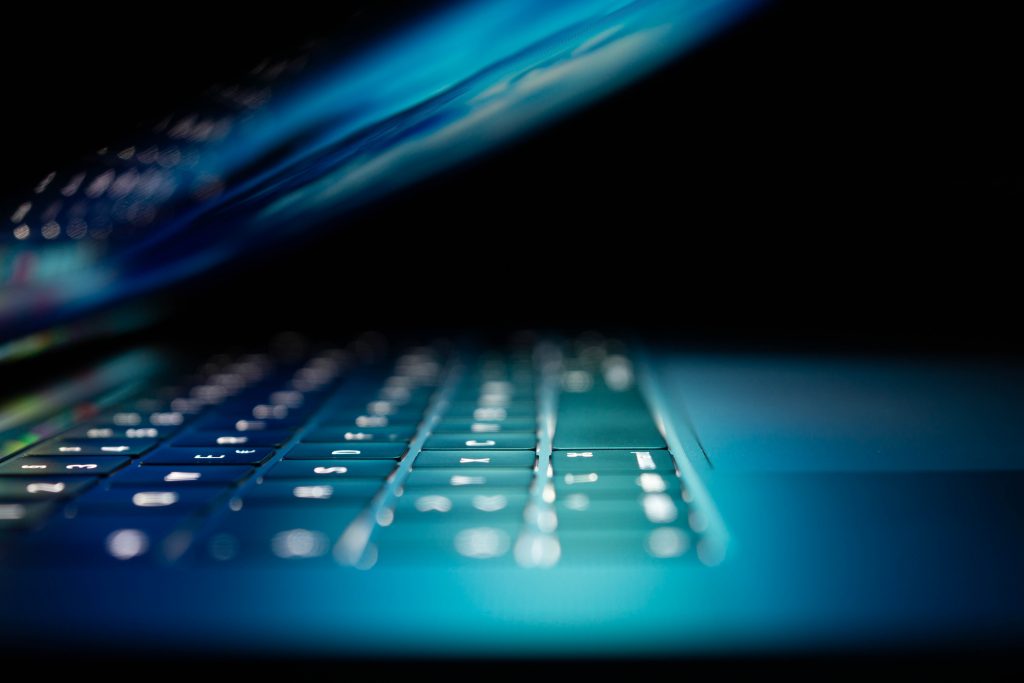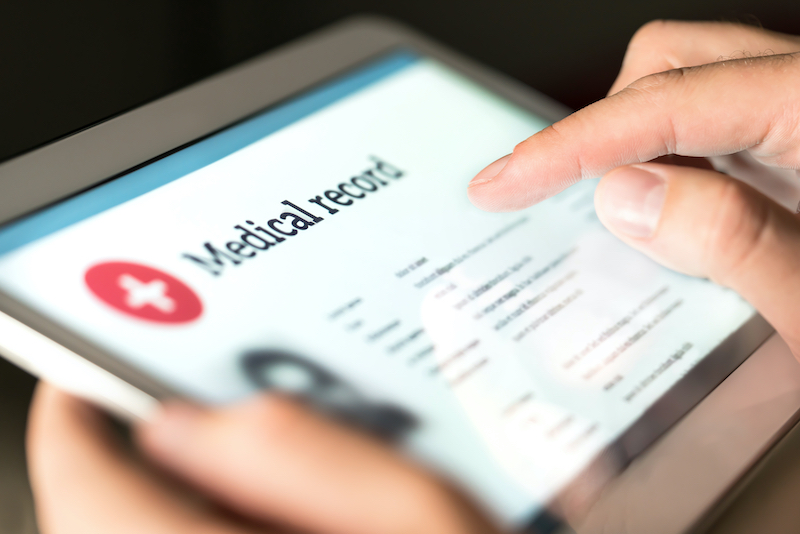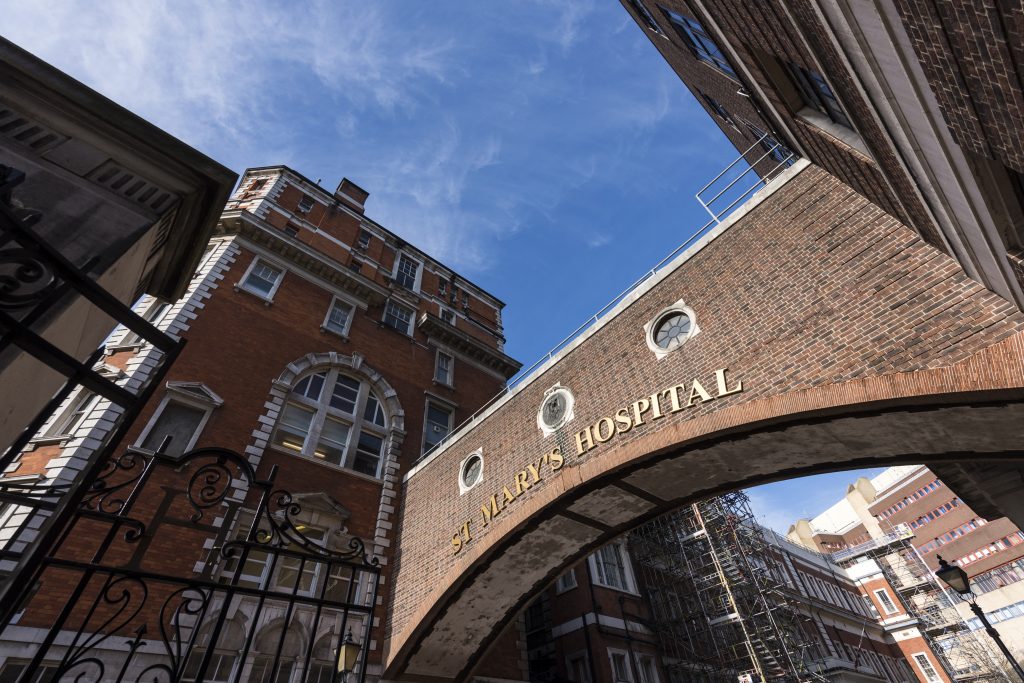Remote care: is digital health tech here to stay post-COVID-19?
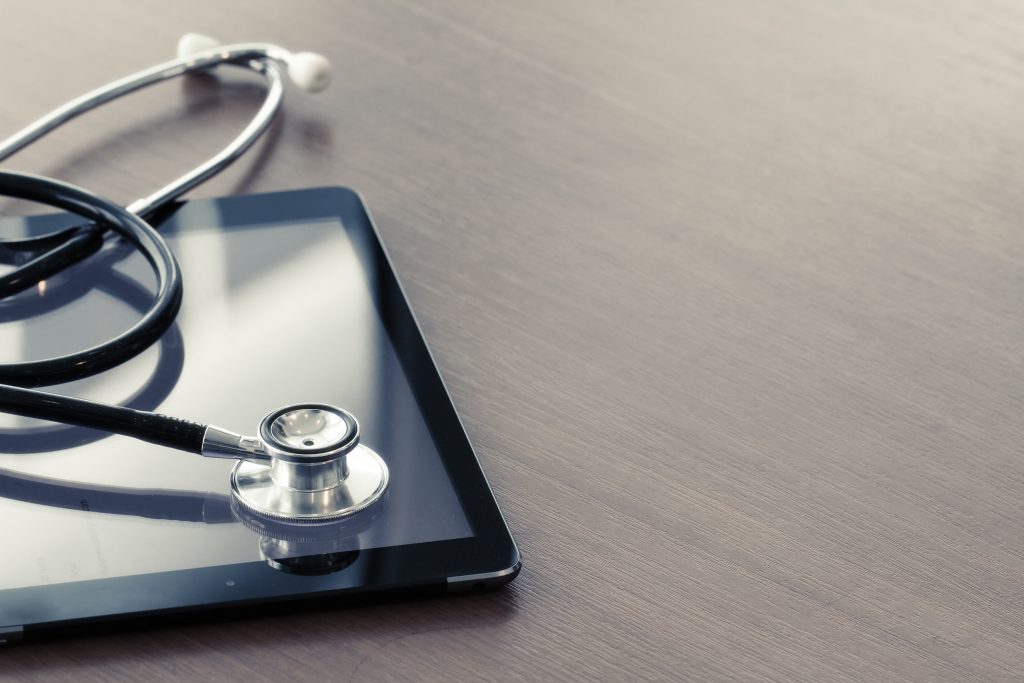
Digital technology has been poised to transform the way that healthcare is delivered. Yet uptake and implementation has been slow; in the UK alone for example, almost a quarter of hospitals still use paper rather than electronic records.
But when COVID-19 hit, health systems were forced to rapidly adapt and use technology to deliver care remotely, where face to face appointments were no longer possible. While it’s impossible to predict when the COVID crisis will be over, will remote care become the ‘new normal’ post-pandemic? And if digital-first health technologies are here to stay, what are the implications for patients?
Newly launched IGHI research, supported by Imperial’s COVID-19 Response Fund, will explore these important questions. We caught up with project lead, IGHI Research Fellow Dr Ana Luisa Neves, to find out more about the work and what it hopes to achieve.
What are digital-first health technologies?
“These are all means in which the patient’s first point of contact is through a digital channel, rather than face-to-face. For example, phone and video consultations, online services, and mobile apps.”
Why are you interested in these?
“Our idea is that digital technology can help tackle challenges that we had before COVID hit. Like making care more accessible and affordable, and reaching groups of people who may not be confident going to a doctor or nurse.
“Right now we’re in the middle of a massive real-life experiment, which has pushed this closer to reality. We will resume normality at some stage, however it may look. But what can we take from this experience so that we can continue using these models in a better way?”
What are you hoping to find out about these technologies?
“We want to understand the patient experience. In principle these technologies should improve accessibility, but that may not turn out to be true – or at least not true for everyone. So we’ll explore the potential barriers to healthcare access, whether some individuals or groups are somehow excluded from these technologies.
“We also want to look at patients’ attitudes and perceptions. In what circumstances do they want to use digital technologies? How do patients want these to move forward? When do they think that digital tech may work better than more traditional models of care, and how can we create conditions for that to happen?”
And how are you going to answer those questions?
“This work sits within a broader program of work that’s also looking at GPs’ views of these technologies. That’s using a global survey and focus groups, involving 18 countries. We’ll be replicating this method but looking at patients’ perspectives instead.
“We want to make sure we get nationally-representative samples from countries and information about demographics, as well as ‘digital literacy’. Part of digital literacy covers technical aspects, such as Internet access, but also individuals’ ability and experience using digital tools.”
Do you have any assumptions about what you might find?
“I expect we’ll find that certain groups feel excluded. Evidence has shown that elderly individuals, for example, or those with lower digital literacy are less likely to use these technologies. We want to understand what we can do to make it easier for them.”
How will you apply your findings to healthcare settings?
“We’re hoping to bring together the findings from both GPs and patients, and then consider how we can make these technologies better for the future. We’ll then develop a framework for recommendations, a ‘toolkit’ that healthcare professionals can use to support decision-making. For example, when triaging patients, the framework could help doctors identify when digital technologies may be useful and appropriate. This could help doctors decide whether to offer digital solutions as part of patient care, post-COVID-19.”

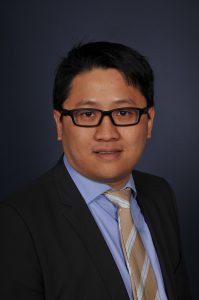 By
By 

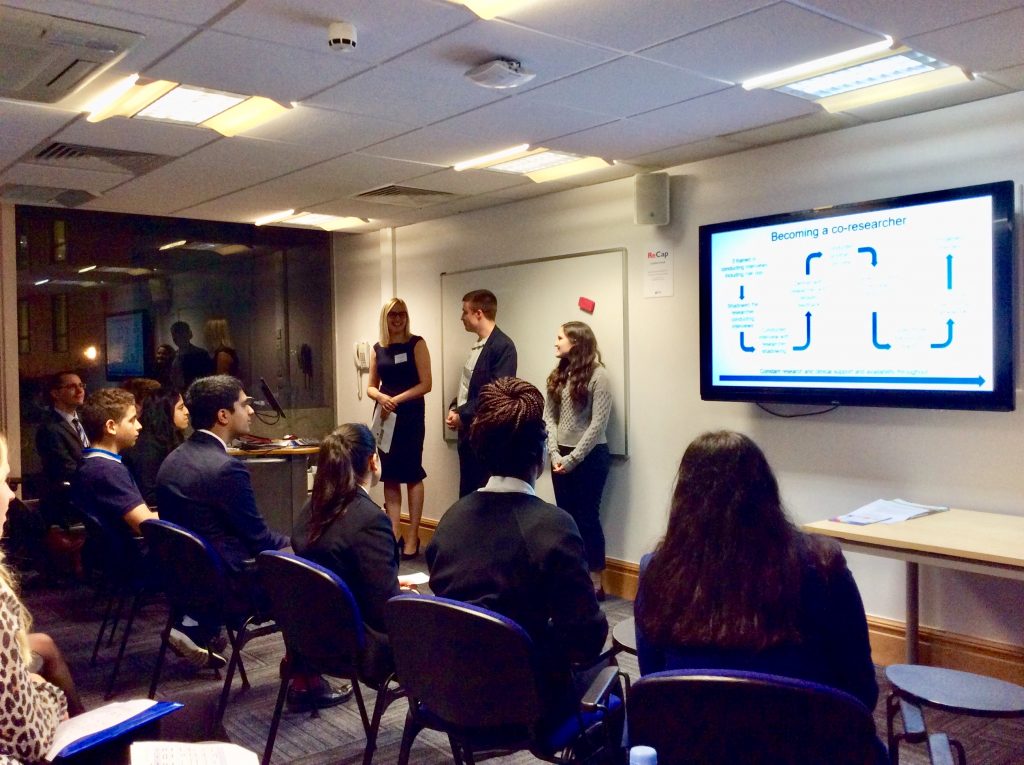
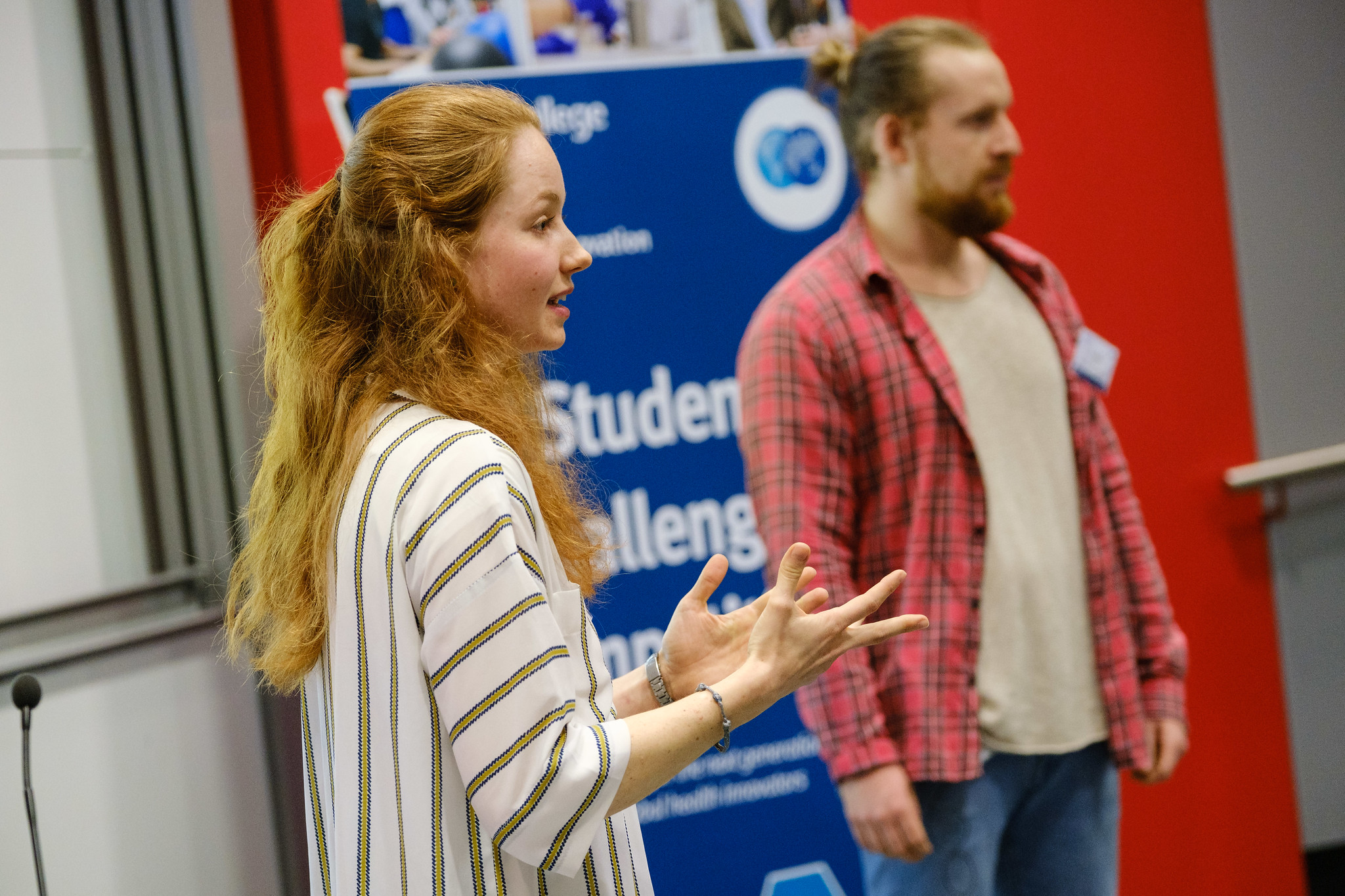 By Laura Braun, co-founder of Capta, 2018/19 winners of IGHI’s Student Challenges Competition
By Laura Braun, co-founder of Capta, 2018/19 winners of IGHI’s Student Challenges Competition